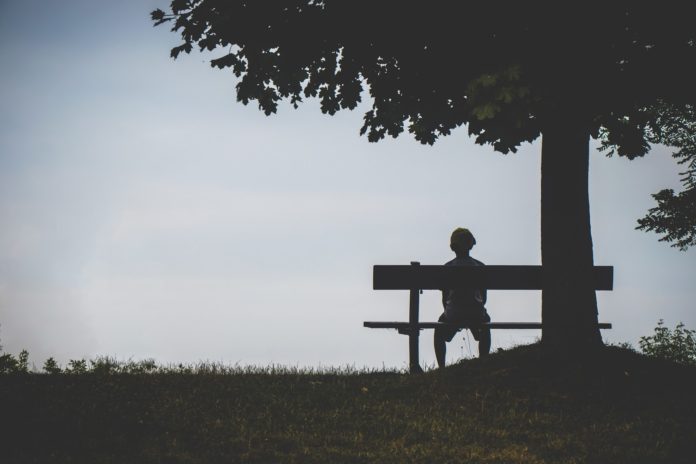There is little doubt that socializing is an innate human trait that has enabled us to survive and thrive until this very day. It also explains why many people felt depressed and isolated when social restrictions were enacted during the COVID-19 pandemic.
Firstly, let us define loneliness.
In our opinion, loneliness refers to one’s unmet need for establishing genuine connections with others.
There is no reliable data as to how many people are suffering from loneliness, but this article does argue that the number has remained constant over the past few decades. Do note that the article was written pre-pandemic and may not be reflective of the current situation.
Some may think that the cure to loneliness is to surround oneself with others, and this may work for some but not all. It is possible to feel lonely even when a person is frequently around others.
And no, there is no known medication that one can take to permanently cure loneliness.
Causes of Loneliness
You may be surprised to know that loneliness can be voluntary or involuntary.
Voluntary loneliness includes deliberately scheduling some ‘me’ time so that you can be by yourself before going back to engaging with society. These can include activities like going on a solo retreat, meditating, and even reading undisturbed.
Introverts are usually more likely to seek voluntary loneliness than extroverts since the former feel more at ease at being alone. It’s important to not mistake introverts for lonely people, however. They simply require less external stimuli once their ‘social engagement meter’ has been reached.
Voluntary loneliness can therefore be something beneficial, although there are exceptions.
Involuntary loneliness, as the name suggests, is something forced upon a person either by internal or external circumstances. There are many factors that can cause a person to feel lonely, such as divorce, heartbreaks, death, moving to a new place, and forced isolation. Fear also usually plays a role in making someone feel lonely.
The lack of confidence can also create an urge to be alone. These people believe that they are unworthy of others’ love, time, and attention, thereby causing them to avoid people altogether.
Extroverts are not immune to feeling lonely either, despite what you may believe. The loneliness disease doesn’t discriminate based on how reserved or outgoing someone is.
Note: keep in mind that we are primarily referring to involuntary loneliness in this article.
How It Affects You
Those who do not suffer from this ‘invisible’ societal disease would find it hard to empathize with people who do, which in many ways is understandable.
Loneliness doesn’t manifest like a cough does in the sense that it isn’t obvious. A person can quite easily hide their loneliness from others without anyone finding out, making it difficult to identify, diagnose, and treat.
Furthermore, there is also a stigma surrounding lonely people who are often wrongly perceived to be anti-social.
Needless to say, loneliness is a major cause of depression among the population. Depression, in turn, can lead to different forms of abuse in addition to a lack of confidence as well as finding life meaningless.
This makes those who would have otherwise been a positive contributor to society its liabilities, causing troubles not only to themselves but those around them (especially people who care for them deeply).
You may be thinking: doesn’t social media help with alleviating loneliness?
Yes, it does to a certain degree and assuming that the user doesn’t get addicted to it. This is easier said than done since social platforms are designed so that everyone spends more time on them, not less.
Ways to Cope With Loneliness
Here are a few simple strategies that you can use for dealing with loneliness.
- Get a pet.
- Reconnect with people in your circle.
- Go out more often with existing friends.
- Make new friends.
- Schedule meetups with your family.
- Meditate.
- Find a new hobby.
- Join a club.
- Participate in a volunteer project.
- Seek professional counseling.
Keep in mind that it will take some time and effort to escape the cycle of loneliness.
While it may be difficult, it is always a good idea to seek help from your family and friends.
You Are Not Alone
There is no shame in feeling lonely, ever.
It’d also be worth your while to remember that you are not the only person in this world who feels lonely and, as we’ve mentioned, loneliness can be a good thing at times as long as it’s well managed.
We wish you all the best.
Reminder: Do seriously consider consulting a certified professional (online and/or in-person) if you constantly feel depressed from loneliness.




